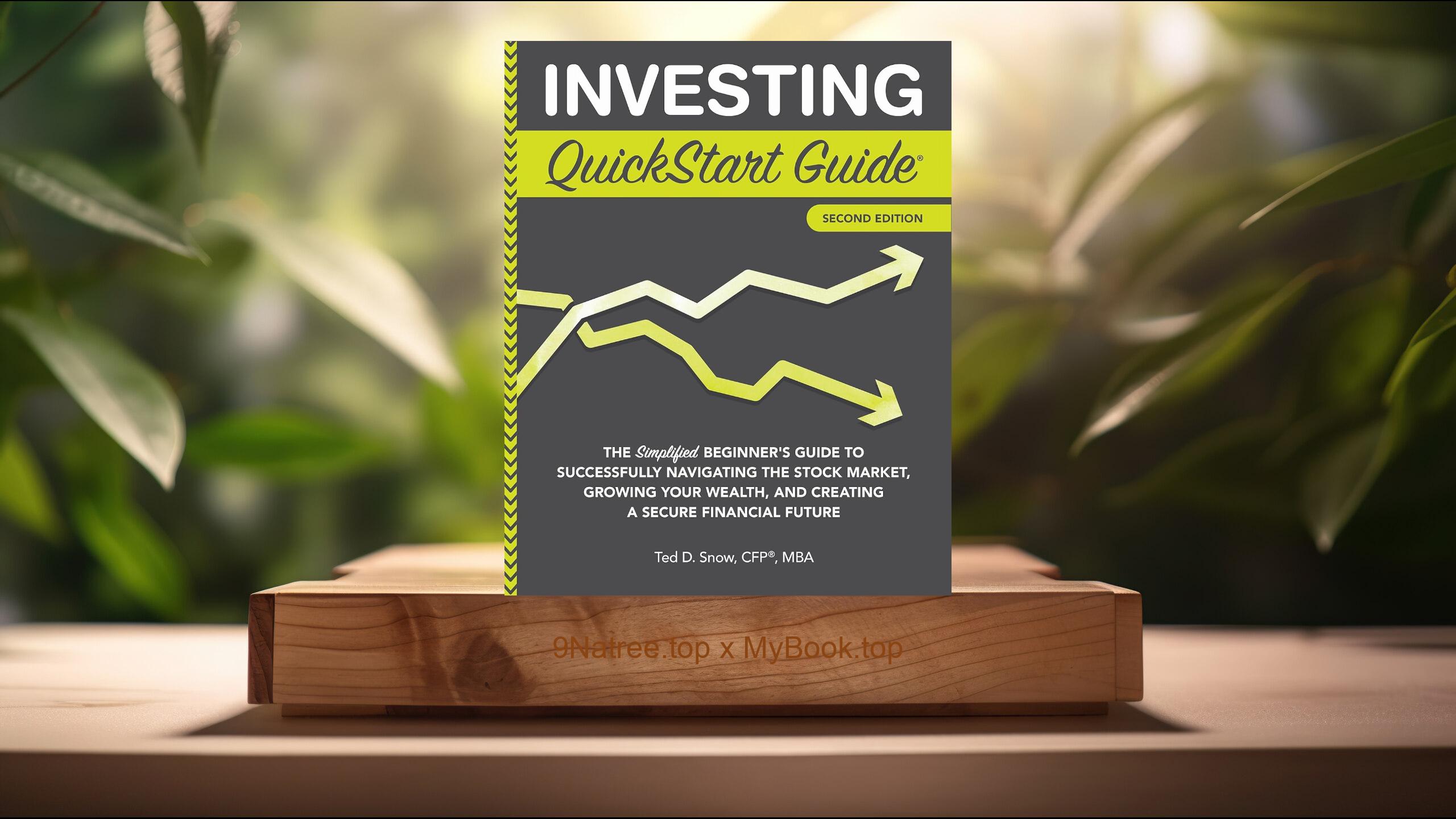Show Notes
- Amazon US Store: https://www.amazon.com/dp/B000TK5BS2?tag=9natree-20
- Amazon Worldwide Store: https://global.buys.trade/Freakonomics-Revised-Edition-Steven-D-Levitt.html
- eBay: https://www.ebay.com/sch/i.html?_nkw=Freakonomics+Revised+Edition+Steven+D+Levitt+&mkcid=1&mkrid=711-53200-19255-0&siteid=0&campid=5339060787&customid=9natree&toolid=10001&mkevt=1
- Read more: https://mybook.top/read/B000TK5BS2/
#Economicprinciples #Behavioraleconomics #Incentivestructures #Conventionalwisdom #Informationasymmetry #Societalnorms #Decisionmaking #Freakonomics
These are takeaways from this book.
Firstly, The Hidden Side of Everything, Freakonomics introduces the idea that the world is much more intricate than it appears on the surface. Levitt and Dubner argue that by looking at data and understanding the incentives that drive people, we can uncover the hidden mechanisms behind seemingly inexplicable behaviors and trends. This chapter sets the foundation for the book's investigations, demonstrating how economic principles can explain a wide range of phenomena, from cheating among sumo wrestlers to the real reasons crime rates dropped in the 1990s. The authors assert that by thinking like economists, we can discover the often surprising truth behind everyday occurrences.
Secondly, Information Asymmetry, This concept is a cornerstone of Freakonomics, illustrating how individuals and organizations wield power and gain advantages through the possession or control of information. Levitt and Dubner explore various scenarios where information asymmetry plays a key role, such as in the real estate market, where agents might exploit their knowledge for personal gain at the expense of clients. They also delve into the Ku Klux Klan’s use of secret information as a source of power and how exposure reduced their influence. This discussion broadens our understanding of how information flows—or doesn’t—influence social structures and individual decisions.
Thirdly, The Science of Incentives, The authors dedicate a significant portion of Freakonomics to dissecting the complex world of incentives, which they classify into three main categories: economic, social, and moral. By analyzing varied scenarios, including schoolteachers (and sumo wrestlers) cheating to meet targets and how different incentives influence parenting strategies, Levitt and Dubner offer insights into how and why people are motivated to act in certain ways. This exploration demonstrates the power of incentives in shaping behavior and provides a lens through which to evaluate policies and practices in everything from education to corporate ethics.
Fourthly, Conventional Wisdom Challenged, One of the most captivating aspects of Freakonomics is its challenge to conventional wisdom. Levitt and Dubner take widely held beliefs and, through empirical evidence and sharp analysis, show how these beliefs are often incorrect. For example, they tackle the assumption that drug dealers are wealthy, revealing instead that the economic structure of drug gangs is remarkably similar to the corporate world, with most foot soldiers earning a below-minimum wage. The authors encourage readers to question the status quo and highlight the importance of empirical evidence in forming accurate understandings of the world.
Lastly, The Role of Luck and Randomness, In discussing various phenomena, Levitt and Dubner do not underestimate the roles of luck and randomness in determining outcomes. While much of the book focuses on the influence of incentives and information, this theme acknowledges that unpredictable factors can also significantly impact social and economic phenomena. The authors examine how randomness can affect everything from naming conventions to real estate investments, reminding readers that not all outcomes are within our control, despite our best efforts and calculations. This consideration introduces a level of humility in the analysis and recognizes the complexity of human behavior and societal dynamics.
![[Review] Freakonomics: Revised Edition (Steven D. Levitt) Summarized](https://episodes.castos.com/660078c6833215-59505987/images/1880795/c1a-085k3-mk1o0zp4s8qv-n8regz.jpg)




